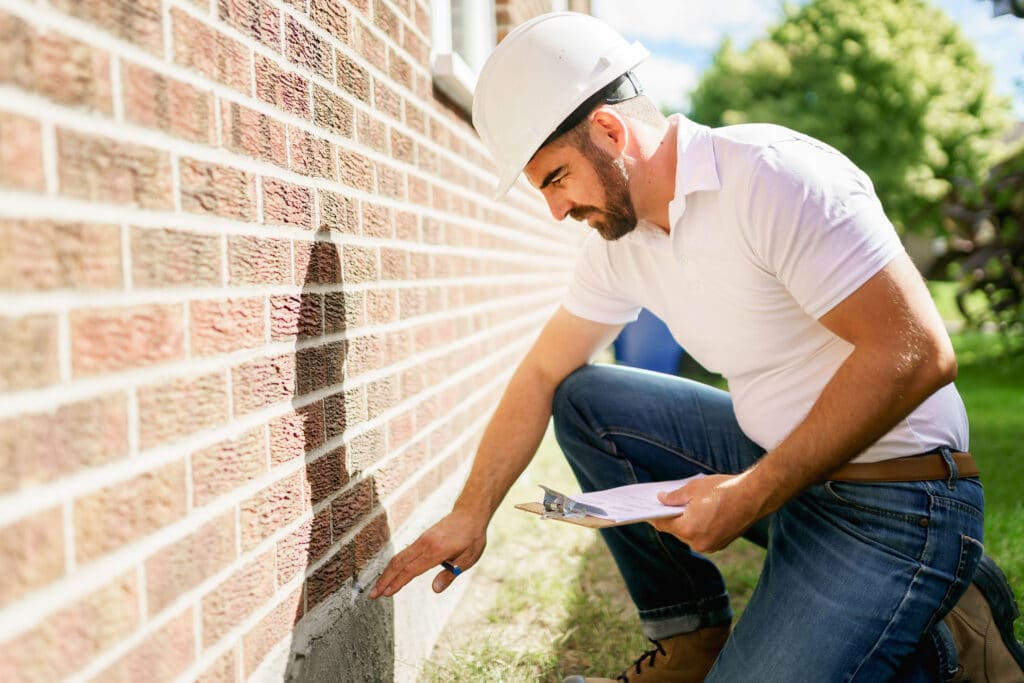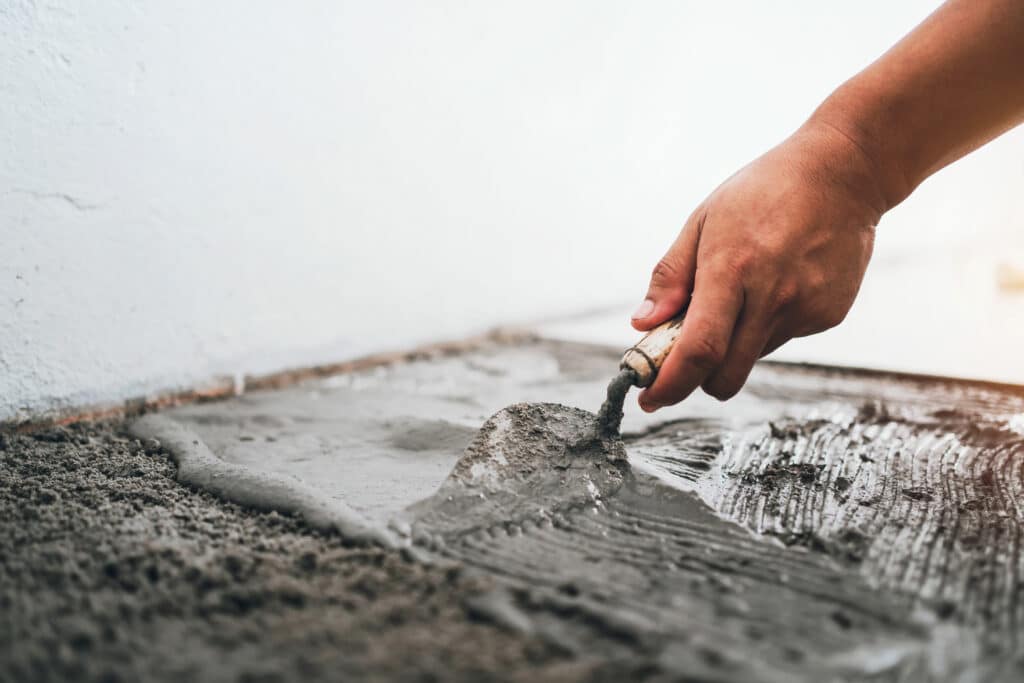Common Causes of Foundation Problems in Pittsburgh
A few frequent reasons why Pittsburgh homeowners encounter foundation problems include:
- Topsoil Frost: When temperatures plunge, topsoil abruptly ices over and lower layers can't expand, forcing upper layers to heave and permanently damage infrastructure.
- Aging plumbing: Pittsburgh has its fair share of older homes, with a median building year of 1963. Many of these properties use cast-iron plumbing. When the pipes start eroding, leakage could reach your foundation and even pool beneath it.
- Standing water: Water accumulation around your home can threaten your foundation, especially when it collects in areas your drainage system doesn't reach.
- Improper modifications: Landscaping or roofing work that wasn't performed to standard could lead to your foundation settling.
- Tree Roots: Tree roots can encroach on a home's foundation through crevices, and may apply force that results in your foundation cracking, pipes rupturing, and overall structural weakening.
How to Choose the Best Foundation Repair Company
Your home's foundation is vital to its stability, so it's important to work with a top-notch foundation repair provider. Assess each provider using the following criteria:
Licensing and Experience
According to the Pennsylvania Attorney General, foundation contractors must register with the commonwealth if they make between $5,000 and $50 million in annual revenue. Registration doesn't involve exams, but it does show a contractor meets bond, insurance, and background check requirements. Talk to team members to gain more insight into a company's experience. You should ask about local building codes, permit ordinances and inspection processes.
One of the easiest ways to assess a company's reputation is to browse its website. Look for the company's history and the accreditations its team holds. Many well-known companies provide educational content for prospective customers.
Customer Reviews
When you're researching a company's reputation, go to its Better Business Bureau (BBB) profile. There, you can find its "letter grade" rating and a list of customer reviews, both complaints and positive experiences. Complaints don't mean a contractor is bad news. BBB reviews show how the company handled complaints. It's a good sign if the company has fixed issues appropriately and proactively. You should stay away from a company with numerous negative reviews, no licensure, and no communication regarding issues.
Foundation Repair Cost in Pittsburgh
The price of foundation repair can vary substantially depending on the extent of the issues and what's necessary to resolve them. For minor foundation cracking and settling problems, you may pay as little as $1,800. However, if there is substantial deterioration, the typical cost is about $2,600. More involved projects involving excavating, helical piers, or major mudjacking could cost upwards of $6,800. See below the average foundation repair costs for common issues.
| Common Foundation Repair Services | Average Cost |
|---|---|
| Crack Repair | $315 |
| Leak Repair | $2,478 |
| Stabilization | $4,252 |
| Underpinning | $1,211 |
| Waterproofing | $2,732 |
Ready to Get a Quote on Your Foundation Repair Project?
Please enter a valid 5-digit zip code!
Frequently Asked Questions About Foundation Repair in Pittsburgh
What will I pay to repair my foundation in Pittsburgh?
What are some signs I need foundation waterproofing?
- Discoloration or odors
- Plumbing leaks
- Uneven floors
- Flooding
- Mold and mildew
- Hairline cracks
What's the time to complete a typical foundation repair job?
Is foundation repair covered under my homeowners insurance?
To share feedback or ask a question about this article, send a note to our Reviews Team at reviewsteam@thisoldhousereviews.com.
More Foundation Resources
National Foundation Repair Ranking Methodology
Sources
U.S. Census Bureau (American Communities Survey)
















